Tyrosine Kinase
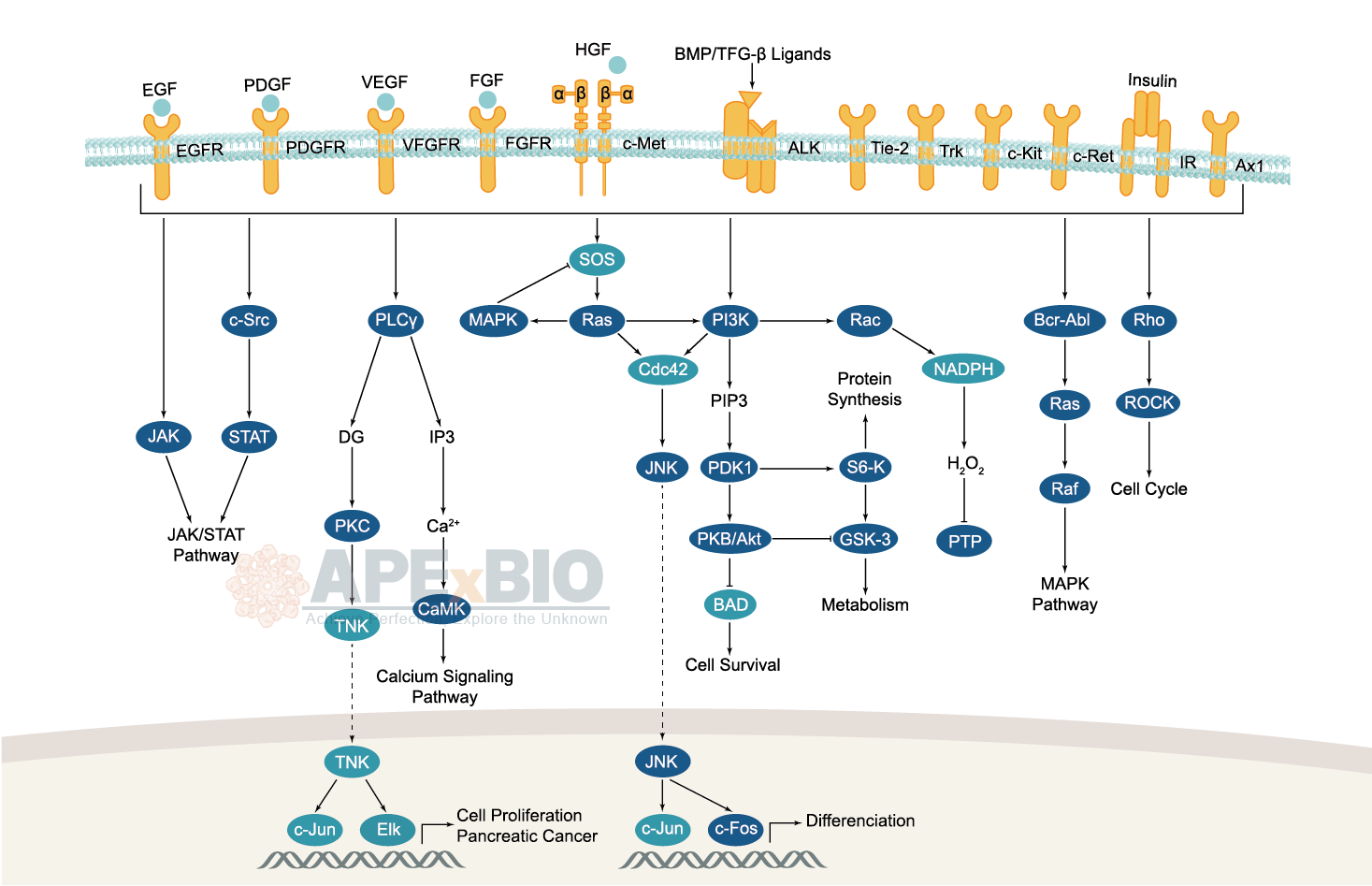

Receptor tyrosine kinases bind to extracellular ligands/growth factors, which promotes receptor dimerization and autophosphorylation of receptor tyrosine residues. This triggers a cascade of downstream events through phosphorylation of intracellular proteins that ultimately transduce the extracellular signal to the nucleus, causing changes in gene expression. Receptor tyrosine kinases include EGFR/ErbB, PDGFR, VEGFR, FGFR and MET subfamilies etc. Dysfunctions in tyrosine phosphorylation are linked to oncogenic transformation. In additions, various adaptor and effector proteins couple to carboxy-terminal of an active kinase. For instance, binding of the GRB2 adaptor protein activates EGFR and MAPK/ERK signaling.
Non-receptor tyrosine kinases involve many well-defined proteins (e.g. the Src family kinases, c-Abl, and Jak kinases) and other kinases which regulates cell growth and differentiation. For example, Src family kinases are curial for activating and inhibitory pathways in the innate immune response.
-
 B4633 GNE0877Target: LRRK2Summary: Potent and selective LRRK2 inhibitor
B4633 GNE0877Target: LRRK2Summary: Potent and selective LRRK2 inhibitor -
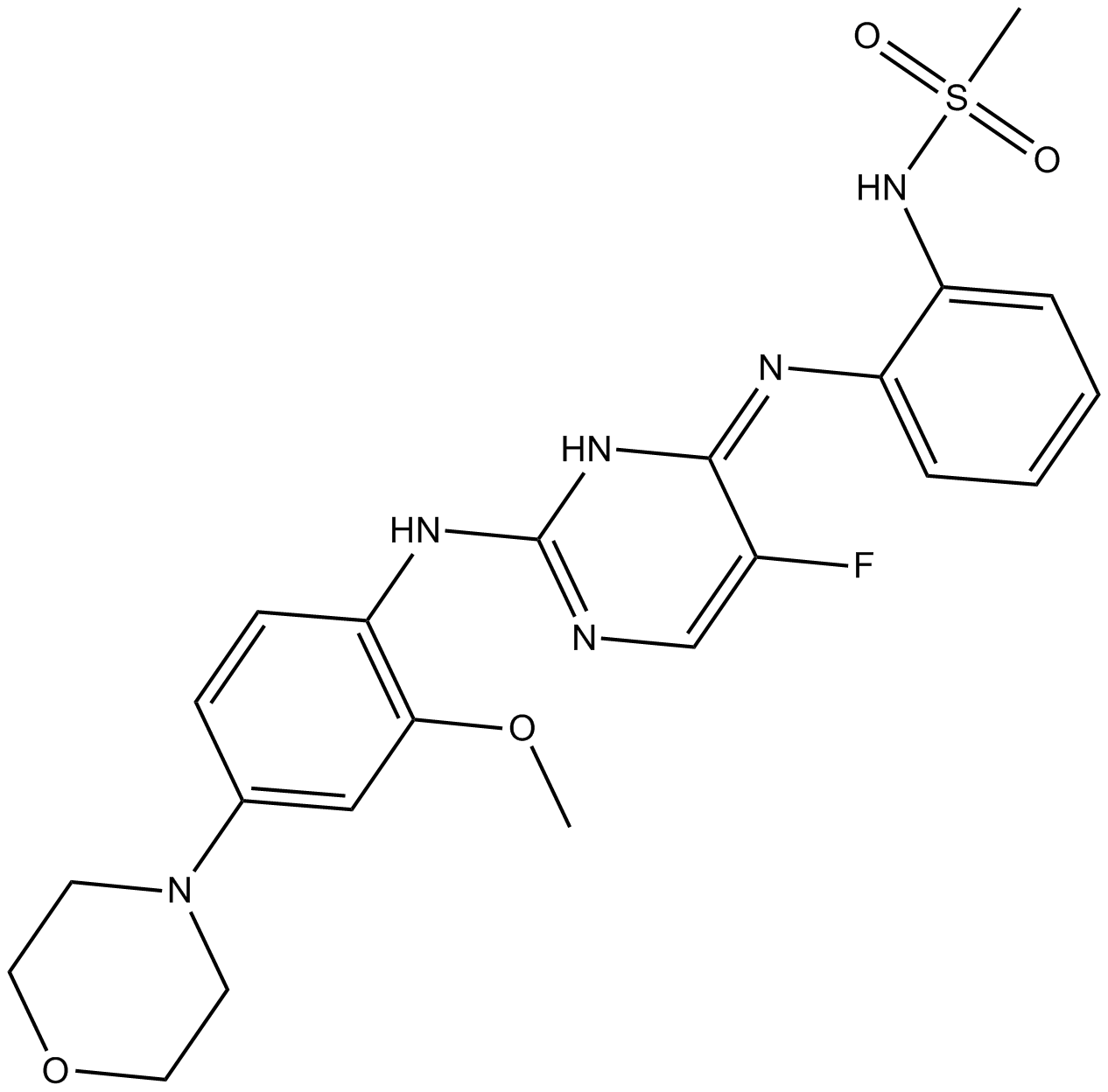 B4635 CZC-25146Target: LRRK2Summary: LRRK2 inhibitor
B4635 CZC-25146Target: LRRK2Summary: LRRK2 inhibitor -
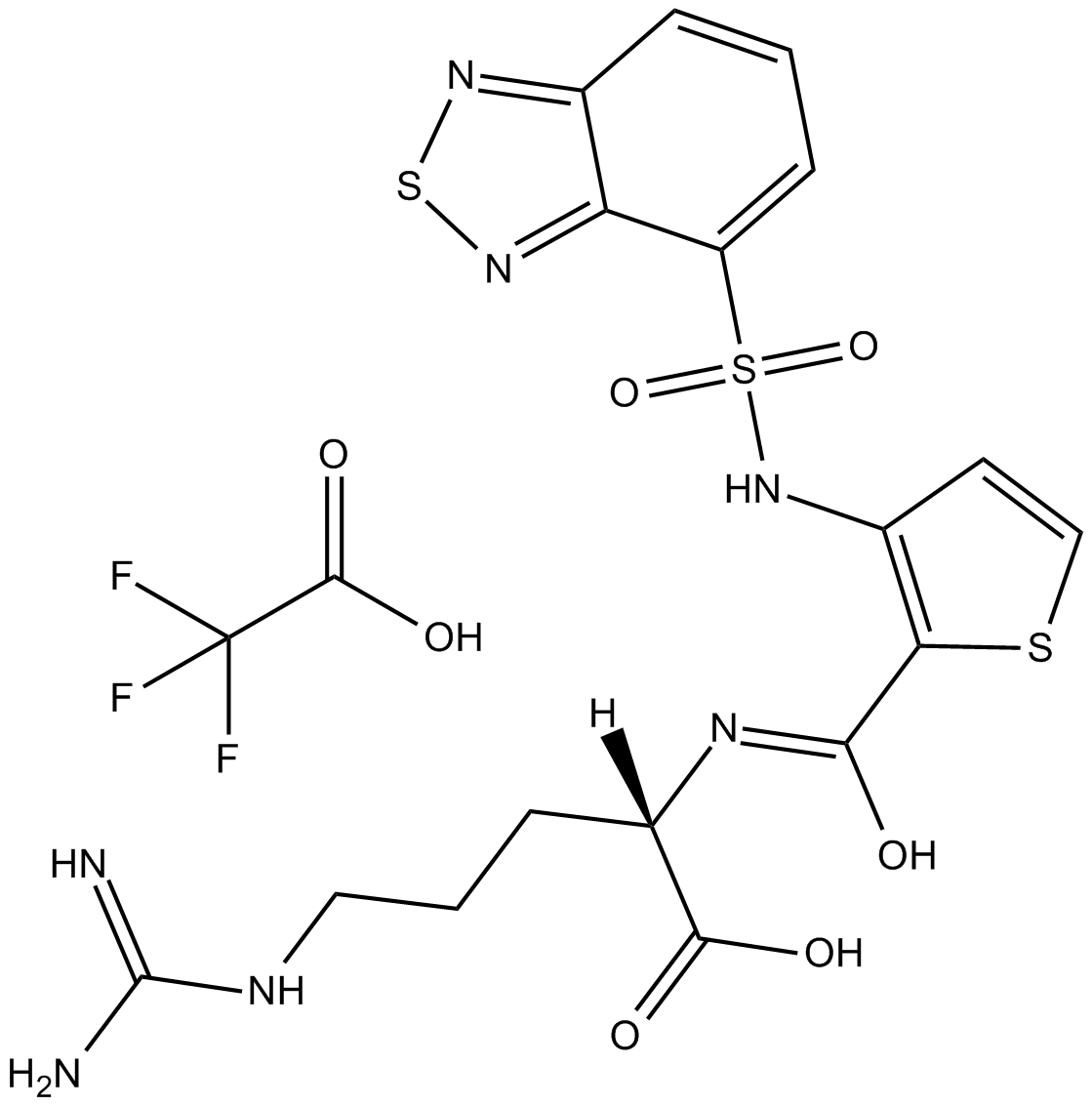 B4657 EG00229Summary: Nrp1 inhibitor
B4657 EG00229Summary: Nrp1 inhibitor -
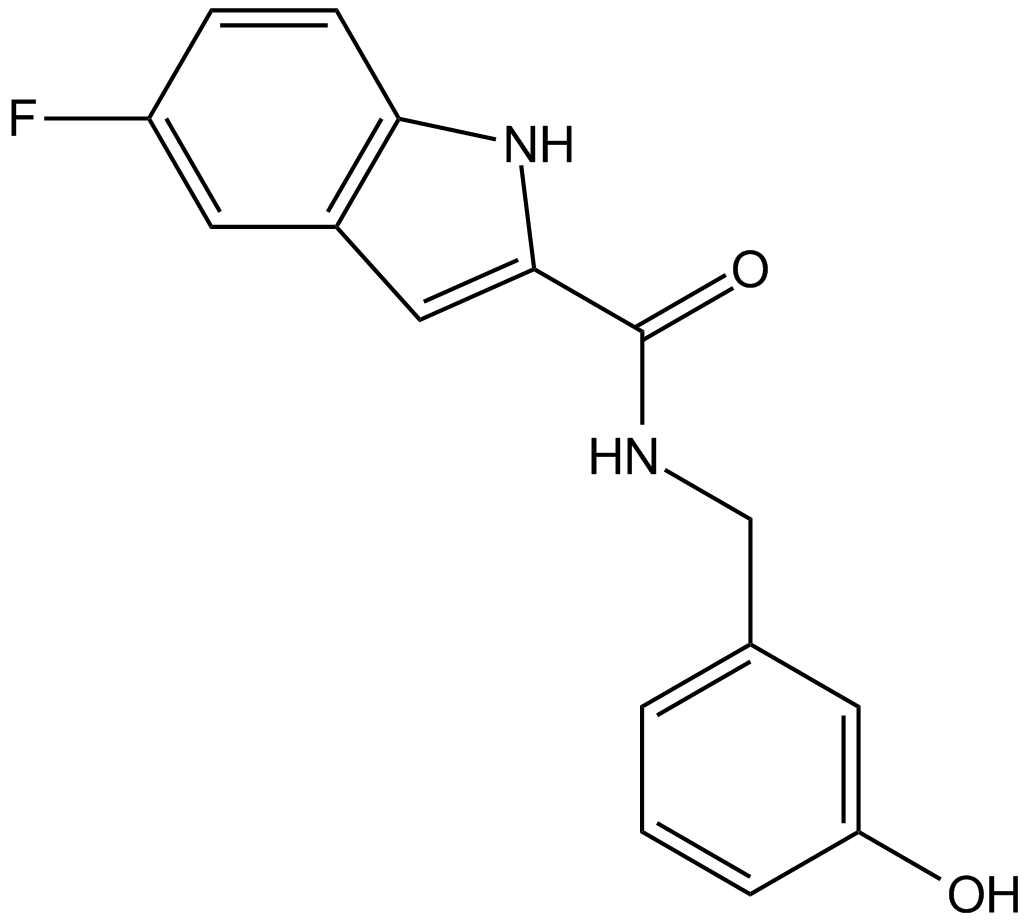 B4728 KX1-004Summary: Pp60c-src inhibitor
B4728 KX1-004Summary: Pp60c-src inhibitor -
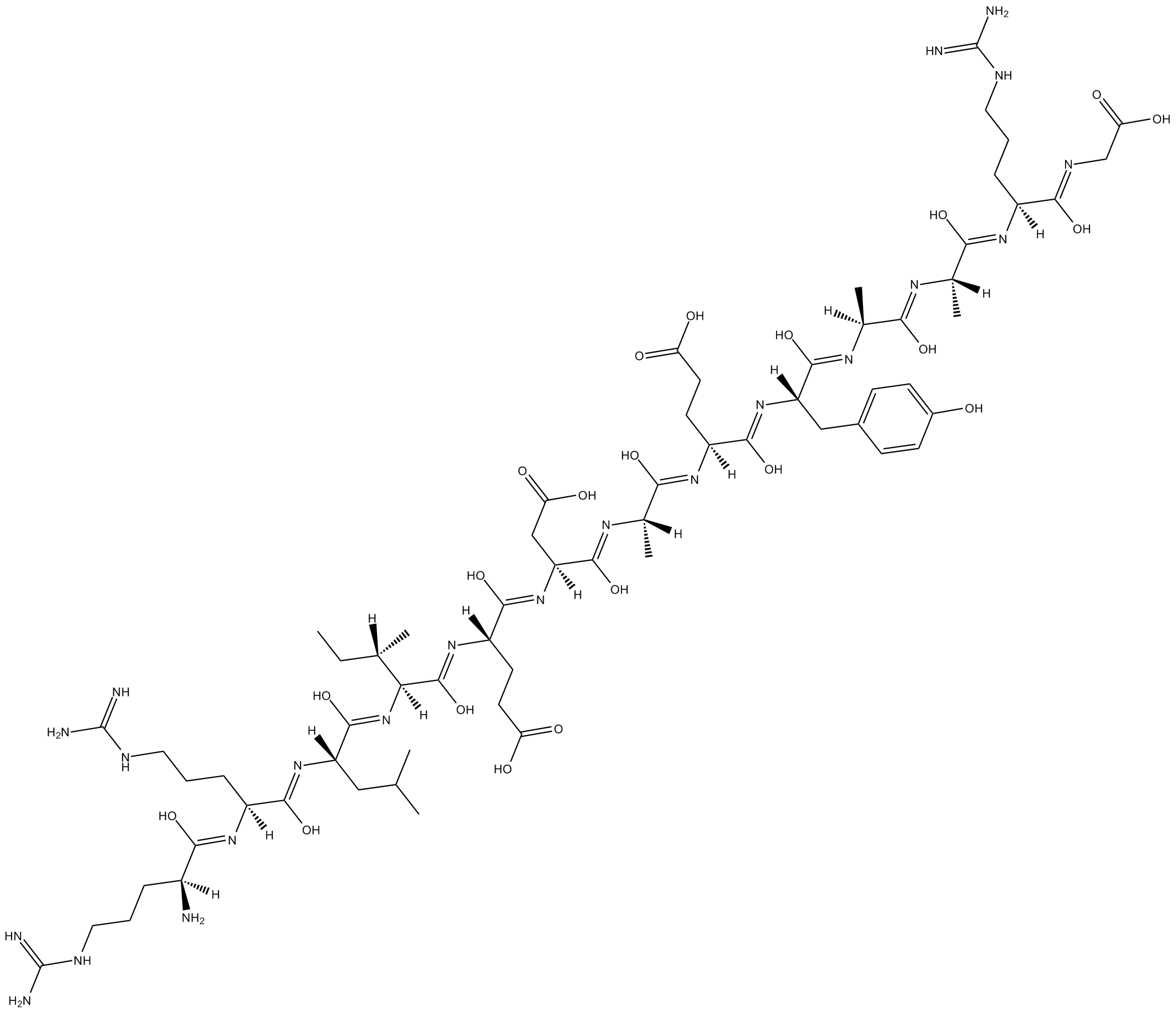 B6619 RR-srcSummary: Tyrosine kinase substrate peptide
B6619 RR-srcSummary: Tyrosine kinase substrate peptide -
 B6693 Lavendustin ASummary: EGFR tyrosine kinase inhibitor
B6693 Lavendustin ASummary: EGFR tyrosine kinase inhibitor -
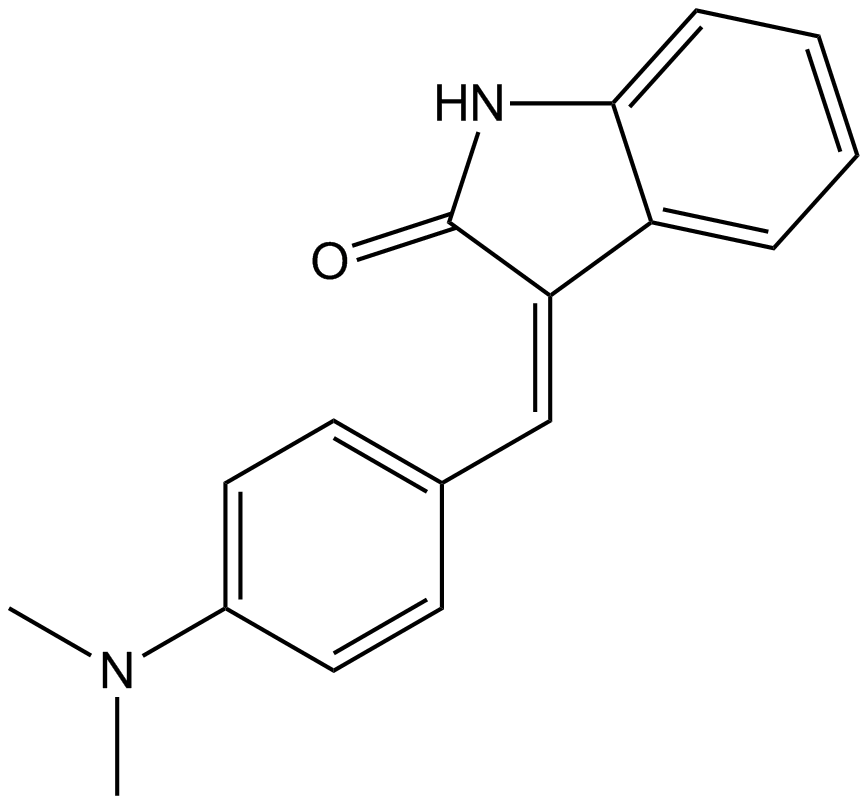 B6746 SU 4312Summary: VEGFR and PDGFR tyrosine kinases inhibitor
B6746 SU 4312Summary: VEGFR and PDGFR tyrosine kinases inhibitor -
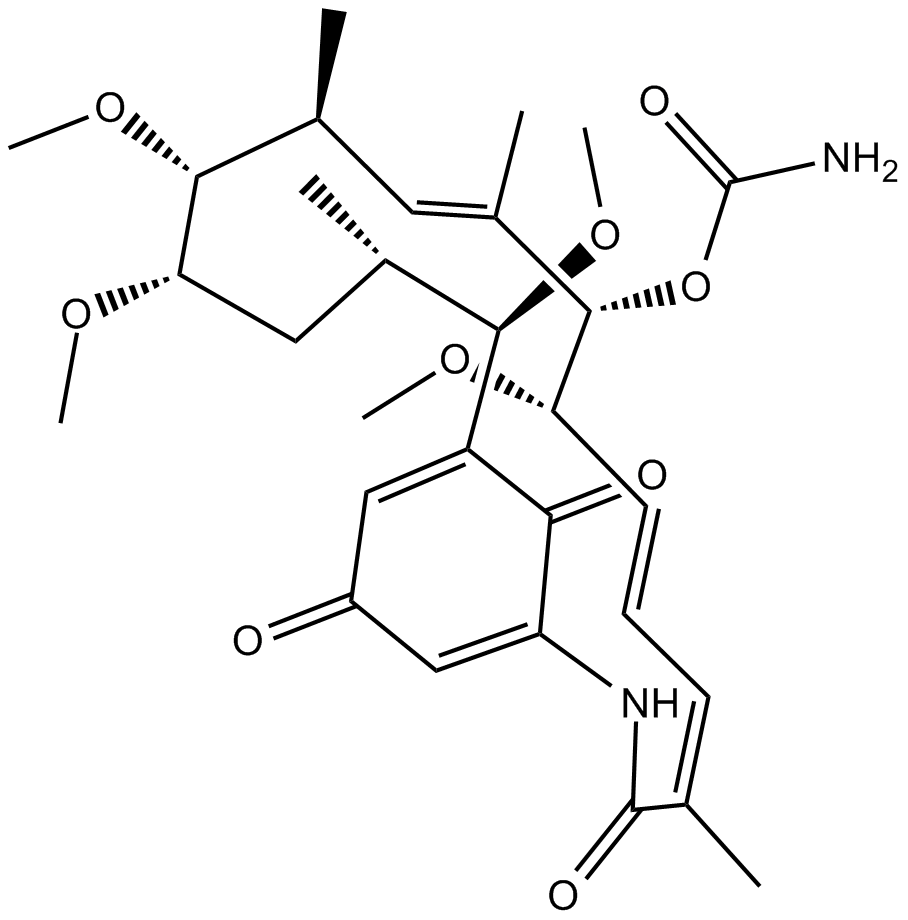 B6808 Herbimycin ASummary: antibiotic,Src family kinase inhibitor
B6808 Herbimycin ASummary: antibiotic,Src family kinase inhibitor -
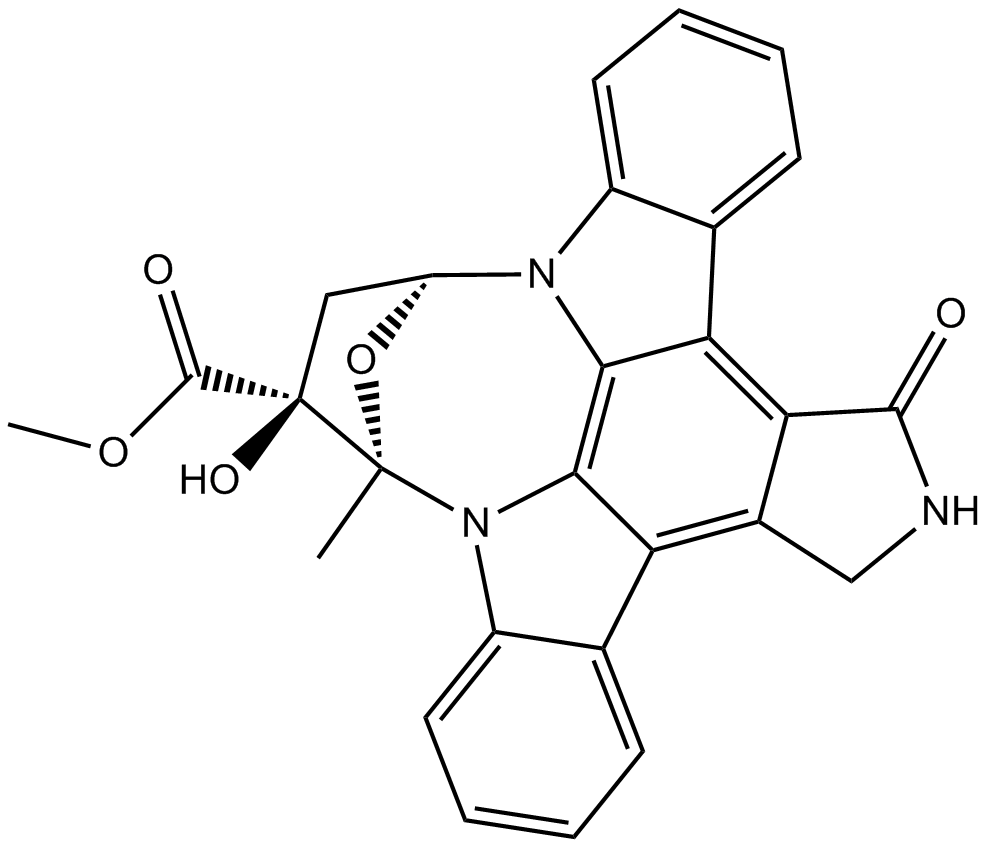 B6828 K 252aSummary: protein kinase inhibitor
B6828 K 252aSummary: protein kinase inhibitor -
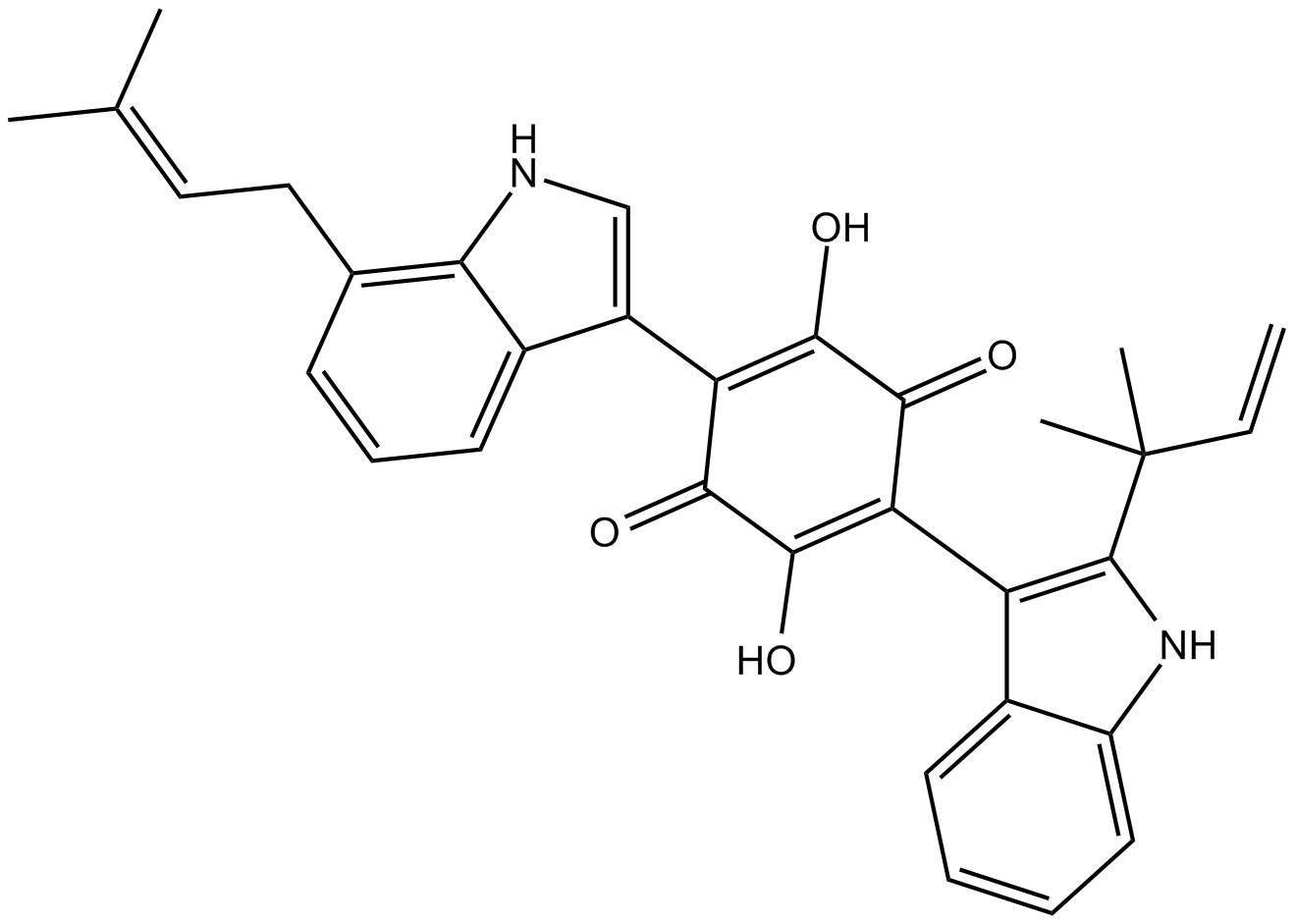 B6869 Demethylasterriquinone B1Summary: insulin receptor (IR) activator
B6869 Demethylasterriquinone B1Summary: insulin receptor (IR) activator


